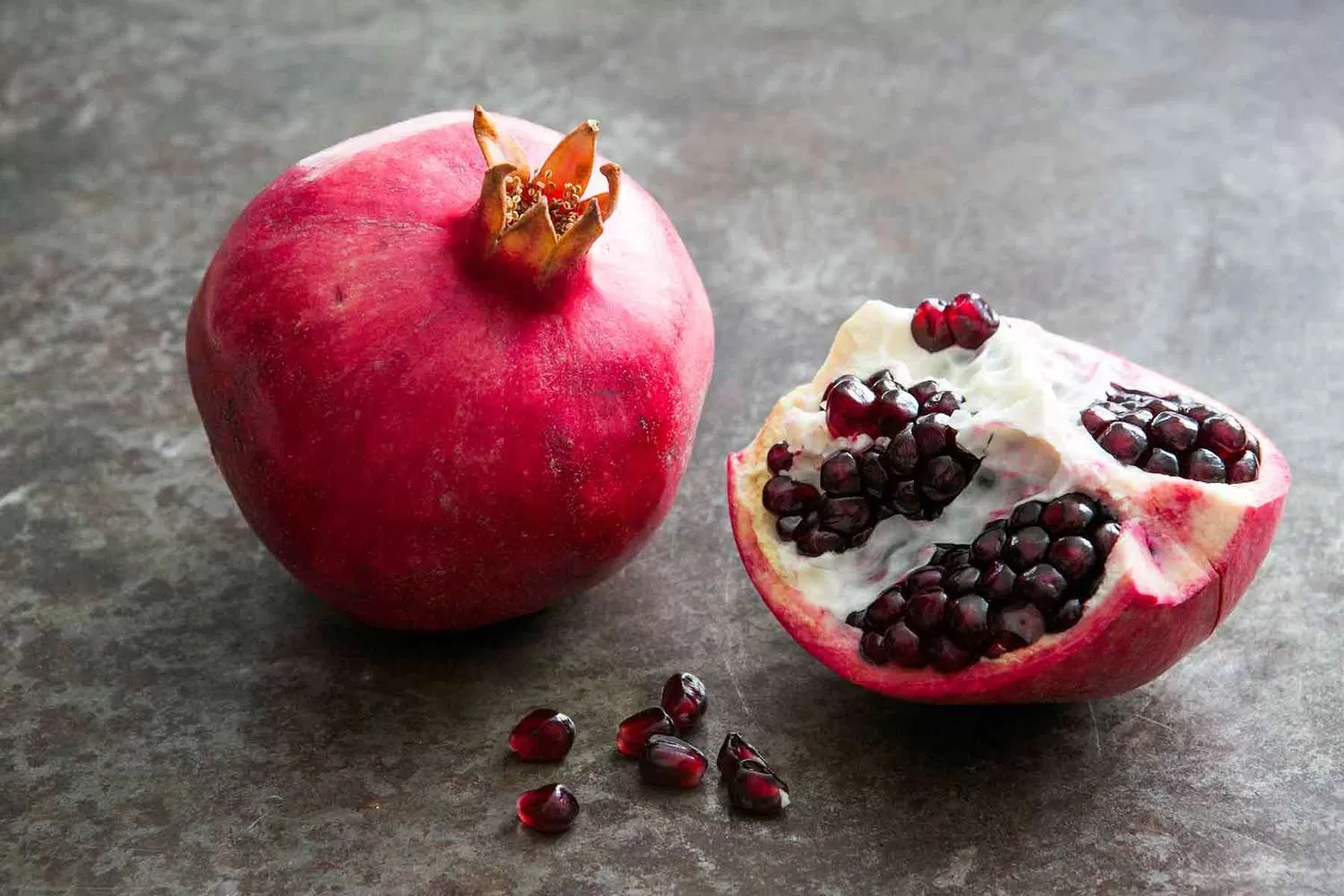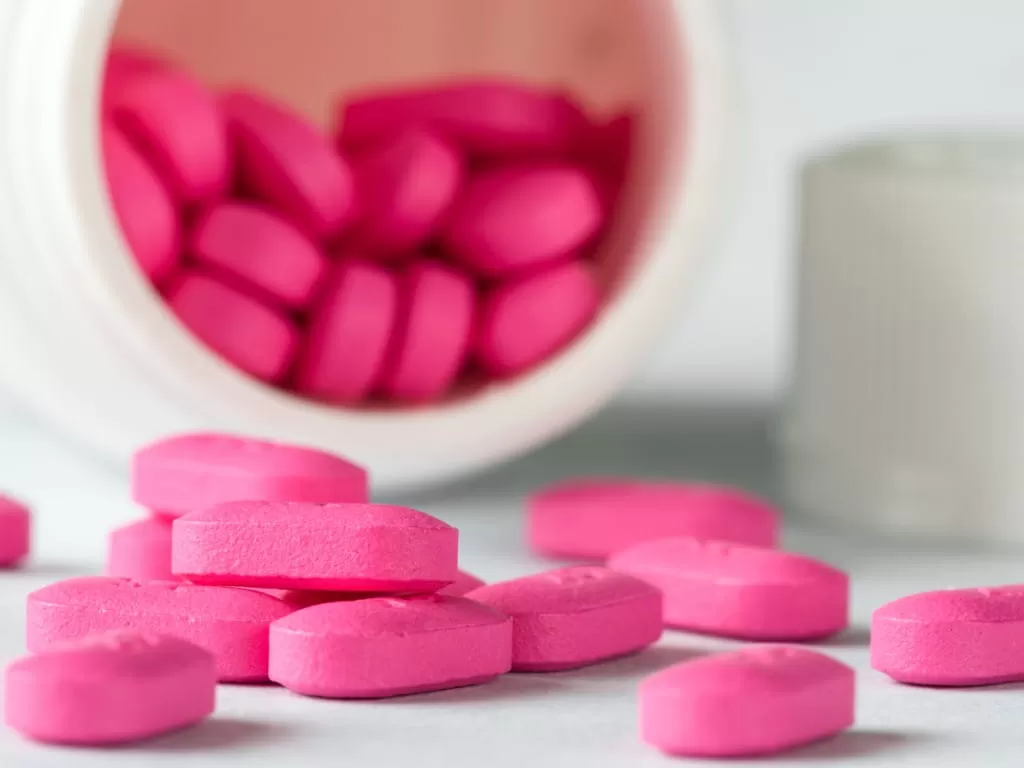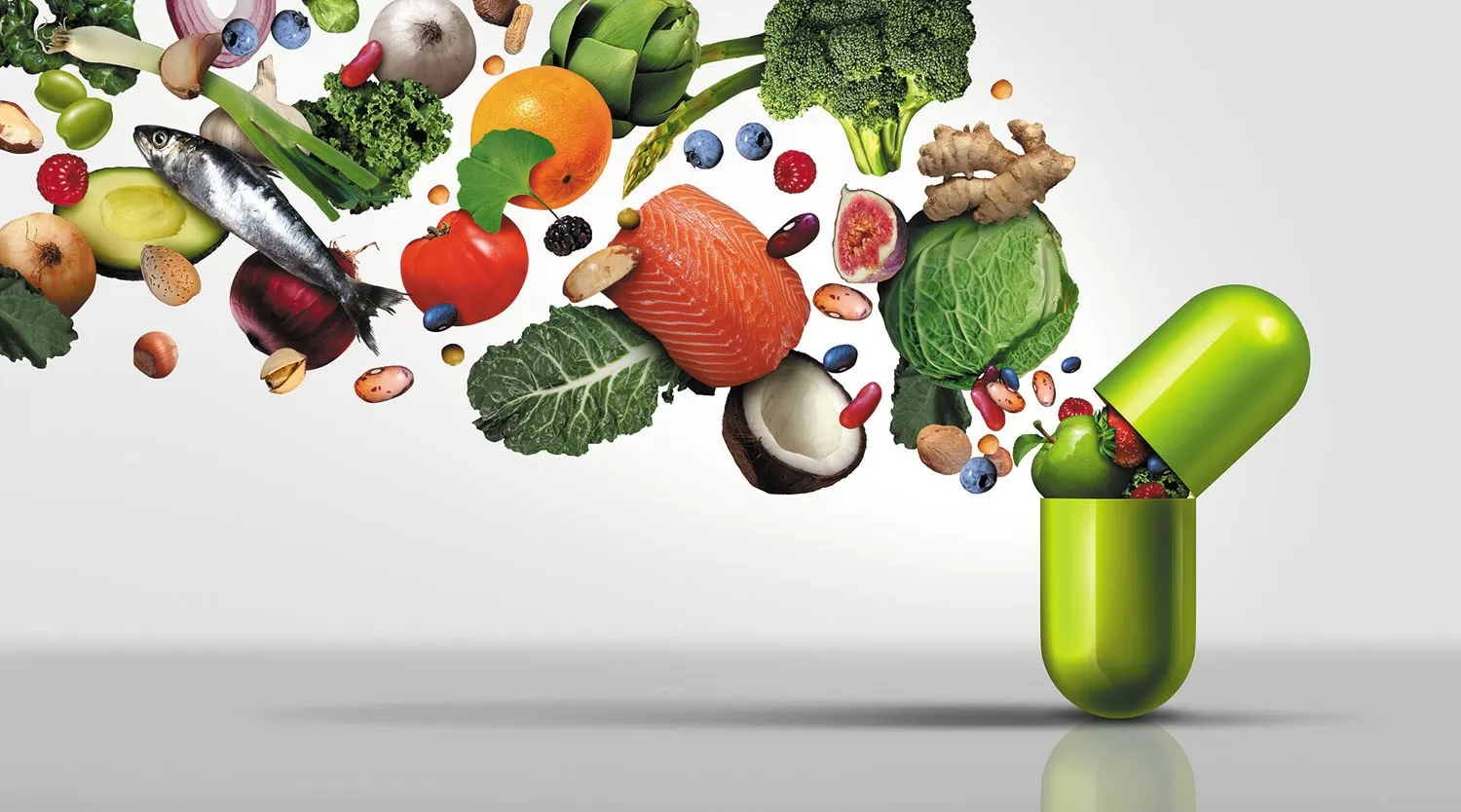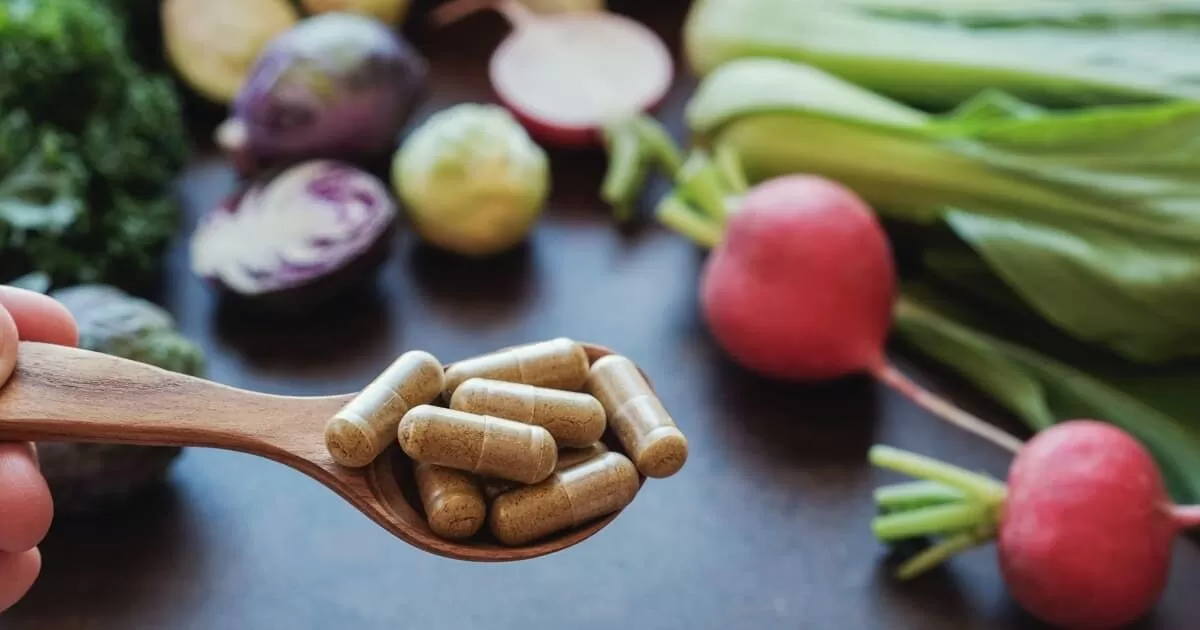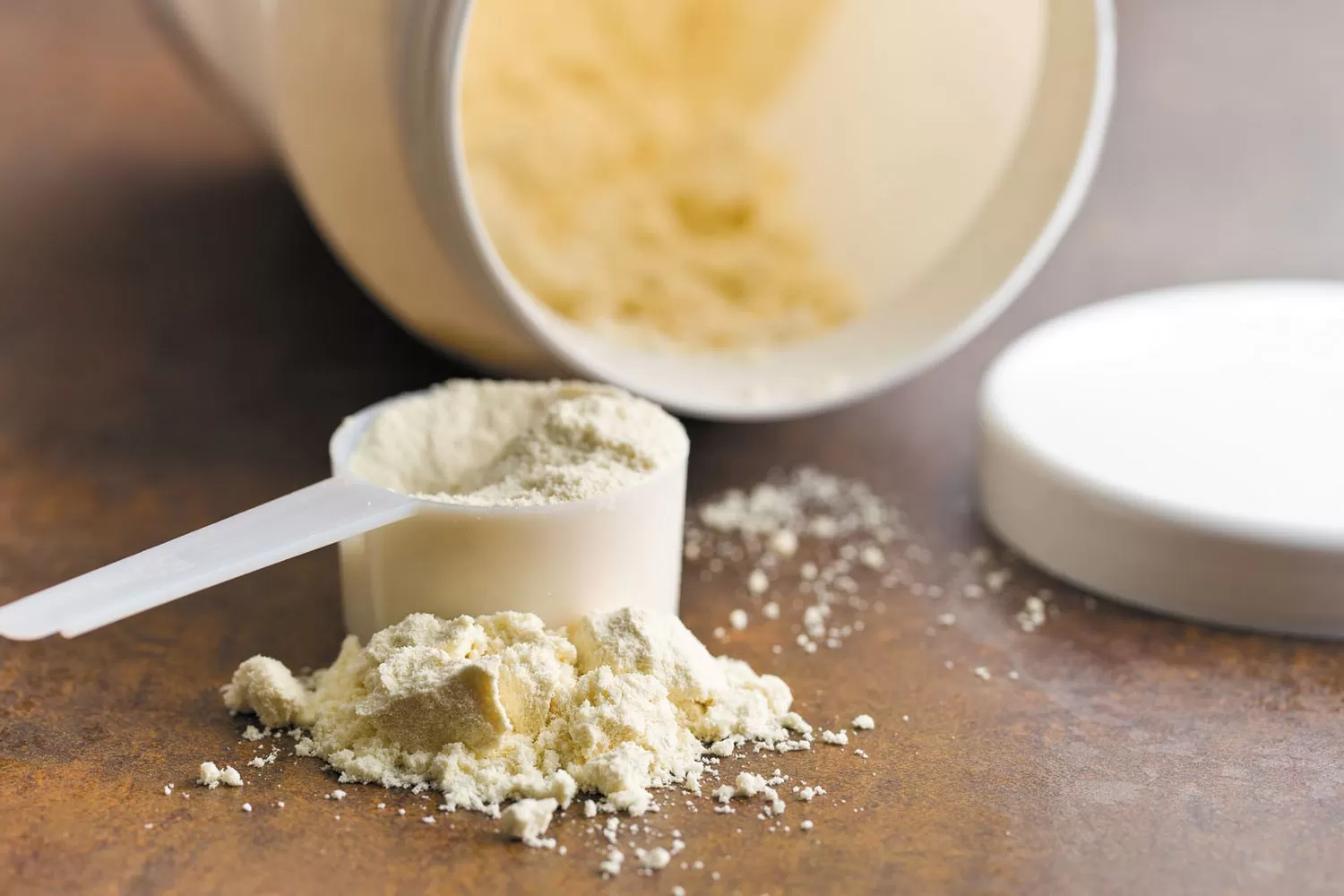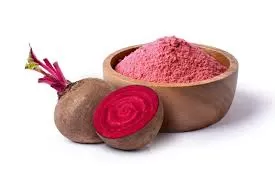- 0086-571-85302990
- [email protected]
Juice Cleanses: Benefits, Risks, and Effective Alternatives
2025-03-27
A juice cleanse involves consuming only fruit or vegetable juices for several days. Popularized as a tool for detoxification and weight loss, juice cleanses are often marketed for their health benefits, including improved gut health and increased energy. However, research suggests that they may pose more risks than rewards in the short and long term. Here’s a closer look at the pros, cons, and safer alternatives to juice cleanses.
Short-Term Effects of Juice Cleanses
Potential Benefits
Drinking fresh juices may offer some short-term benefits:
Increased nutrient intake: Fresh juices are a concentrated source of vitamins, minerals, and antioxidants. They may help protect against chronic diseases such as heart disease, cancer, and respiratory illnesses.
Temporary weight loss support: Juice cleanses can lead to short-term weight loss, although the results are typically not sustained unless coupled with other long-term dietary changes.
Potential Risks
While juice cleanses can offer some benefits, they also carry significant risks:
Low blood sugar: Juicing removes fiber while retaining sugar, which can cause blood sugar spikes followed by crashes. Symptoms of low blood sugar include weakness, dizziness, fatigue, and headaches. These risks are particularly concerning for individuals with diabetes or other chronic conditions.
Bacterial infections: Drinking unpasteurized juice can increase the risk of bacterial illnesses, especially in people with weakened immune systems, including young children, older adults, or those with chronic health conditions.
Dehydration and electrolyte imbalances: Juice cleanses lack fiber or other bulk nutrients needed to keep the body energized and hydrated. Some juices may contain ingredients like laxatives, which can exacerbate diarrhea, dehydration, and electrolyte imbalances.
Long-Term Health Impacts
Promotes unhealthy eating habits
Juice cleanses and other restrictive fasts may promote disordered eating by categorizing solid foods as unhealthy and encouraging extreme calorie restriction. While initial weight loss may occur, studies show that people often regain the lost weight after returning to regular eating habits. Experts recommend consistent, balanced eating patterns instead of yo-yo dieting.
Impacts metabolism and muscle mass
Juice cleanses can slow metabolism and reduce muscle mass due to calorie restriction. As muscle mass decreases, the body’s metabolic rate drops, making it harder to maintain long-term weight loss.
Leads to other health issues
Juices made from vegetables such as spinach or beets can be high in oxalates, which may increase the risk of kidney problems when consumed excessively.
Should You Try a Juice Cleanse?
Juice cleanses are generally not recommended for long-term results. For some, they may offer a short-term reset before transitioning to a healthier eating plan, but certain groups should avoid them entirely. These include:
Children
Pregnant or breastfeeding individuals
People with chronic health conditions such as diabetes, liver disease, kidney issues, or gallbladder problems
If you decide to try a juice cleanse, consider the following safety tips:
Wash fruits and vegetables thoroughly before juicing.
Inspect for damaged or bruised areas and remove them before preparing the juice.
Consume freshly prepared juice within 24 to 36 hours to avoid bacterial growth.
Incorporate light physical activity to maintain overall health without overexerting yourself.
Prioritize sleep to support energy and recovery during the cleanse.
Consult a healthcare provider before starting a juice cleanse, especially if you have health concerns or take medications.
Effective Alternatives to Juice Cleanses
Rather than relying on a juice cleanse, consider evidence-based strategies for detoxification and weight loss:
Follow an anti-inflammatory diet: Focus on vegetables, fruits, whole grains, lean proteins, nuts, seeds, and low-fat dairy. Reduce processed foods and added sugars.
Stay hydrated: Drink plenty of water or choose smoothies, which retain fiber and nutrients removed during juicing.
Practice mindful eating: Pay attention to hunger cues and avoid eating out of habit or emotion.
Get regular exercise: Add new physical activities to your routine to improve weight management and boost metabolism.
Summary
Juice cleanses involve drinking only fruit and vegetable juices for several days as a method for detox or weight loss. While they may temporarily increase nutrient intake, they also pose risks such as blood sugar fluctuations, dehydration, electrolyte imbalances, and long-term impacts on metabolism.
Scientific research supporting the effectiveness of juice cleanses is limited, and these cleanses may not be safe for everyone. For sustainable health benefits, focus on balanced nutrition, hydration, mindful eating, and regular exercise. Consult a healthcare provider before trying a juice cleanse, especially if you have underlying health conditions.





